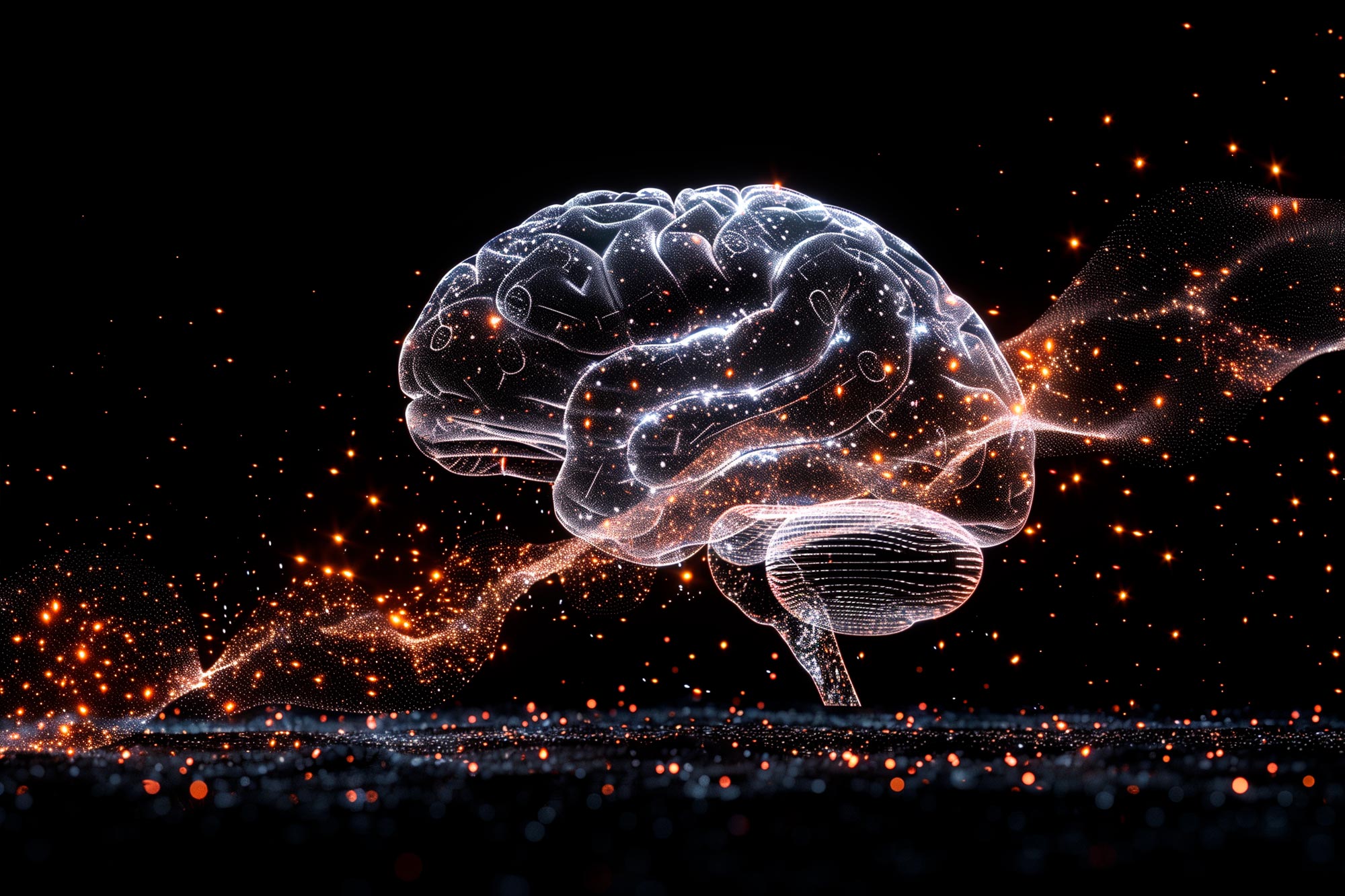A groundbreaking study from University College London (UCL) reveals that even simple organisms like worms can harbor conflicting memories, with their brains prioritizing one over the other. This phenomenon sheds light on memory management and has implications for understanding conditions like post-traumatic stress disorder (PTSD).
The Worm’s Dilemma: Love vs. Hunger
Researchers used male C. elegans roundworms to investigate how brains navigate conflicting associations. Worms were conditioned to link an odor with both positive (mating) and negative (starvation) experiences. Surprisingly, despite activating both memories, the worms’ behavior was driven by the mating association.
Key Findings:
- Conflicting memories coexist: Worms’ brains simultaneously activated positive and negative associations.
- Prioritization: Mating associations outweighed starvation associations in driving behavior.
- Neural representation: A specific neuropeptide stored both memories, with one dominating behavior.
Implications for Human Brain Function
This study offers insights into:
- Memory management: How brains prioritize information.
- PTSD research: Understanding maladaptive memory processing.
- Neural adaptability: How brains reconfigure representations of positive and negative experiences.
Expert Insights
“By understanding how a simple worm’s brain works, we gain insights into our own complex thinking patterns.” – Dr. Susana Colinas Fischer (UCL)
Reference
“Conflict during learning reconfigures the neural representation of positive valence and aversive stimuli in C. elegans” (Current Biology).

















